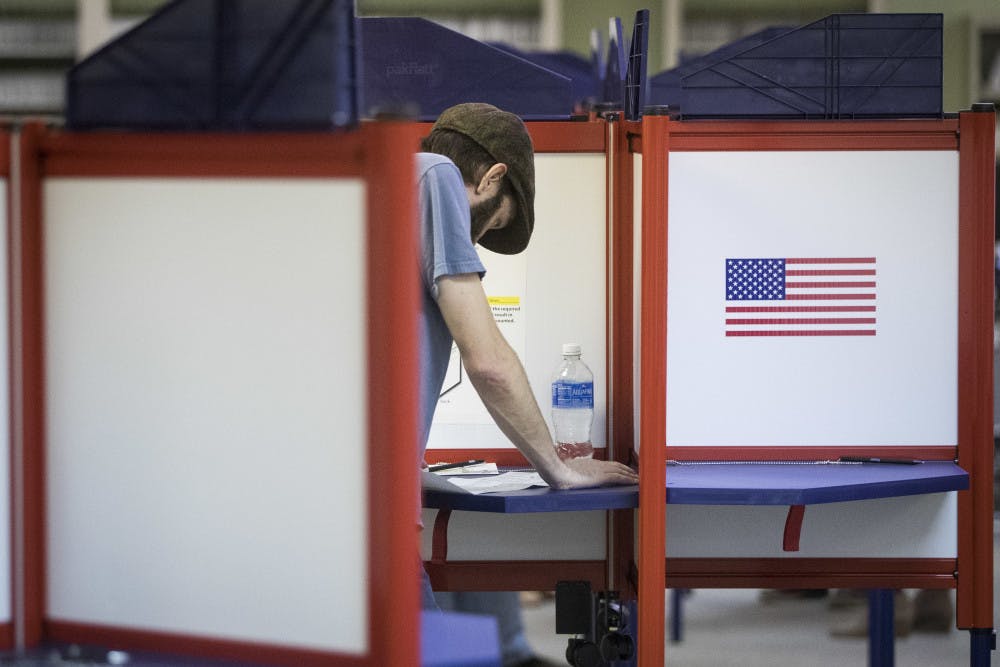A lawsuit to bring Spanish in Florida voting booths may achieve its goal thanks to the governor.
On April 11, Florida Gov. Ron DeSantis ordered the Department of State to implement Spanish-language ballots and voting assistance in Florida counties by the 2020 general election.
This order comes amid a lawsuit filed against 32 Florida counties during the November 2018 midterm elections. It focused on Puerto Rican voters who came to Florida after Hurricane Maria hit in September 2017.
The class-action lawsuit was filed Aug. 16 against Ken Detzner, the Florida Secretary of State, and the Supervisor of Elections in 32 Florida counties who violated the Voting Rights Act of 1965. The act prohibits discriminatory voting practices.
The lawsuit was filed by voter Marta Valentina Rivera Madera, 70, and the following groups: Faith in Florida, Hispanic Federation, Mi Familia Vota Education Fund, UnidosUS and Vamos4PR.
“Florida has a significant Spanish-speaking population, and our state is home to many Puerto Ricans who moved here after the devastation of Hurricane Maria,” DeSantis said in a statement. “These fellow citizens should be able to fully participate in our democracy.”
In September 2018, Chief U.S. District Judge Mark Walker required counties to provide sample ballots in Spanish, but not actual ballots, citing a lack of time before the elections.
Alachua County was one of 32 counties that violated the Voting Rights Act in the November elections. The county and its Supervisor of Elections Kim A. Barton and were targeted in the lawsuit.
Miranda Galindo, a counsel at Demos, a political advocacy group involved in the lawsuit, said the group is pleased about the steps DeSantis took for 2020.
“Florida is at a big disadvantage not having those voices fully integrated in the democratic process,” Galindo said.
Manager of Mi Apá Latin Café, Paola Riza, 28, moved to Gainesville from Venezuela in 2014 and attended UF to learn English.
She has never voted before because she has to live in the U.S. for five years to become a citizen.
The Spanish speaker said when she is able to vote, having a ballot in her language would make her feel like she is a part of the country.
“Everywhere I go, I listen to people and they speak Spanish and they’re from another country and they’re coming here to Gainesville,” Riza said. “It’s going to be good for us.”
A voter reads his ballot at the Hamilton County Board of Elections as early voting begins statewide, Wednesday, Oct. 12, 2016, in Cincinnati.






